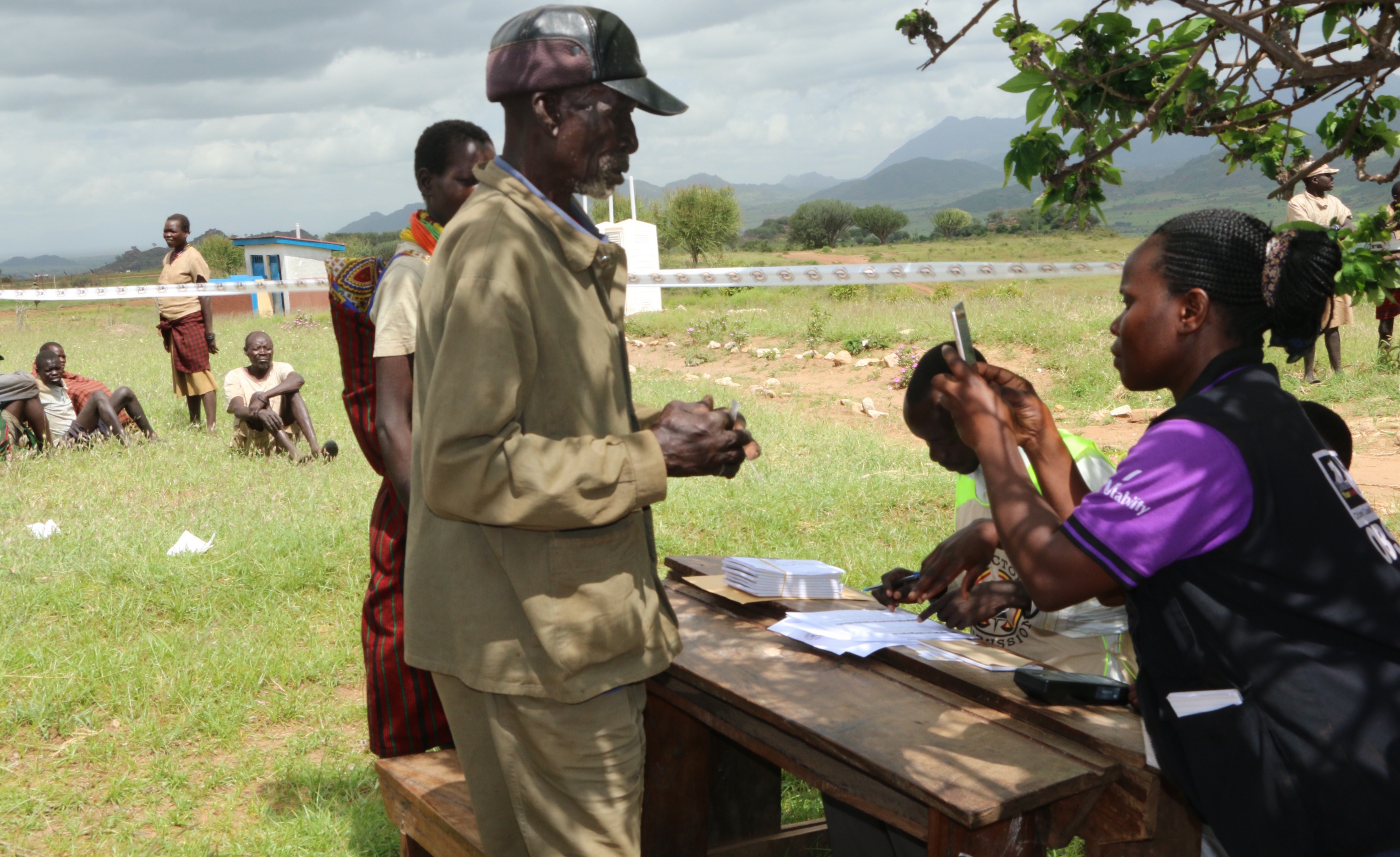The role of Non-Governmental Organizations (NGOs) in Africa has of late been a subject of rigorous debate. Most NGOs operating in Africa claim that their activities reach the poor and the most marginalized groups in society. With this sort of grassroots connections, NGOs in Africa claim that they are able to articulate grassroots reality, much more than African governments can do, with their macro-development approaches.
It is common knowledge that governments and NGOs in many countries especially in Africa are not good friends, and to put it bluntly, they are not comfortable bedfellows. And they have never been friends–a frosty relationship is a good description of their engagement.
NGOs generally operate between the government and the private sector; they are part of the broader civil society groups.
They are neither government nor the private sector. Normally they are supposedly formed to do things that the government is not doing, and to complement government efforts in certain sectors and also insulate ordinary people from the profit-oriented effects of the private sector.
But many are also formed without public interest, they are profit musketeers, doing anything for money. They have grown in number and in tandem with decaying moral values. They worship money and most of them are briefcase organizations belonging to a person or a family.
However, many of these CSOs thrive on exploiting desperate groups, formed only to exploit the unemployed youth, desperate women, unsuspecting and other non-suspecting community members.
They give themselves names and write good mission statements and objectives that on paper look convincing for funding purposes but actually just looking for employment and wealth. They will, in the end, jump on anything just to appear relevant and appealing to the next funder.
Strictly speaking, these are not NGOs but are the uncivil lot. They do not fit in the category of NGOs or even the broader civil society groups, just that – uncivil enterprises.
Many times, those who lose power in a political contest — even as individuals — always begin by approaching the same NGOs for support. They immediately begin to court them thinking they have influence over society or they can protect them from any new government. There are hilarious and usually humorous stories told about how some individuals in Uganda rushed to different NGOs in early 2003 asking for “cover”.
In Uganda, for instance, NGOs in the country have constituted themselves into opposition political parties against the ruling government, but still, want to be treated with kid gloves by the State.
They have turned a blind eye to anything good the government does, all the efforts in fighting the social ills within the existing structures and dynamics go unnoticed. So, these NGOs do not look at the picture but condemn the efforts of the government, like in the case of corruption, whereas government has instituted a number of measures to deal with it, these CSOs have decided not to recognize this, for they have their own measures they deem effective in dealing with it. They mostly believe in regime change as the only available option, they have decided to constitute themselves into opposition parties to the extent of overshadowing officially recognized political parties.
It is very easy to identify a certain CSO with a registered political party in Uganda and some have no shame. They do not conceal their affiliations, they are the ones organizing and funding their political activities, sponsoring court petitions and operating as research bureaux for these political organizations. This is coupled by many international organizations whose sole mission from their mother country is foreign regime change. Though some may disguise their operations behind human rights and justice concepts, their cardinal mission from those bankrolling them is to ensure regime change through strengthening local political groups.
These will sponsor and author biased reports against the ruling party and be the first to condemn any slight mistake committed by the regime, sponsor resistance towards national laws they deem not suitable to their cause; fund street riots and demonstrations, political campaigns, etc.
Lastly, many of these CSOs behave like they have received an application from the government or the community to establish their operations. They want to be treated like the last born–no one is supposed to question them, their operations are sanctified in heavens, they are blameless and without failures. Unfortunately, many of these NGOs are no longer seen as the blameless agents of benevolence, but a sanctuary of all social ills.
Many of these CSOs are acting as unelected spokespersons of the opposition while most of their ‘would-be beneficiaries’ remain firmly below the poverty line as the directors and managers in these good organizations cruise in ‘zero mileage’ vehicles and sleep in expensive bungalows, apartments and hang out in most expensive places at the expense of those they claim to be assisting.
Actually NGOs are synonymous with poverty wherever they operate, for instance in Northern and Eastern Uganda where we have a very high concentration of NGOs, there is also a high concentration of poverty and lowest standards of living in the entire country.
If these NGOs were doing what they say and utilizing the proposed budgets efficiently and if their intentions were to develop communities, we would not be having such levels of poverty in all these areas.
In short like the bible says, they have left what they are supposed to do and are doing what they are not supposed to do, and have therefore constituted themselves into opposition group, and with them around, we don’t need the opposition in our country, CSOs are enough.




